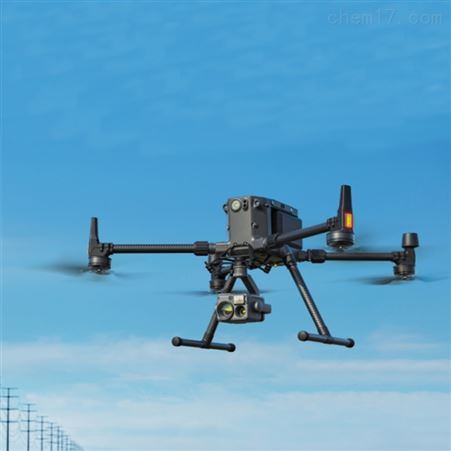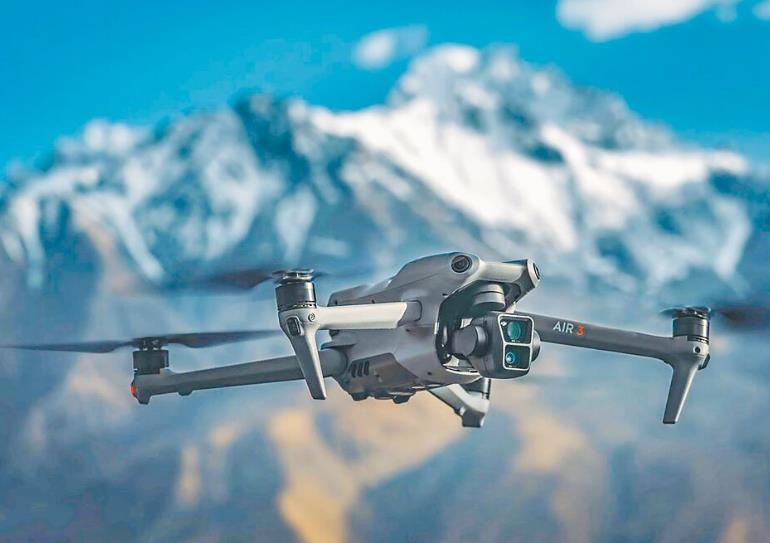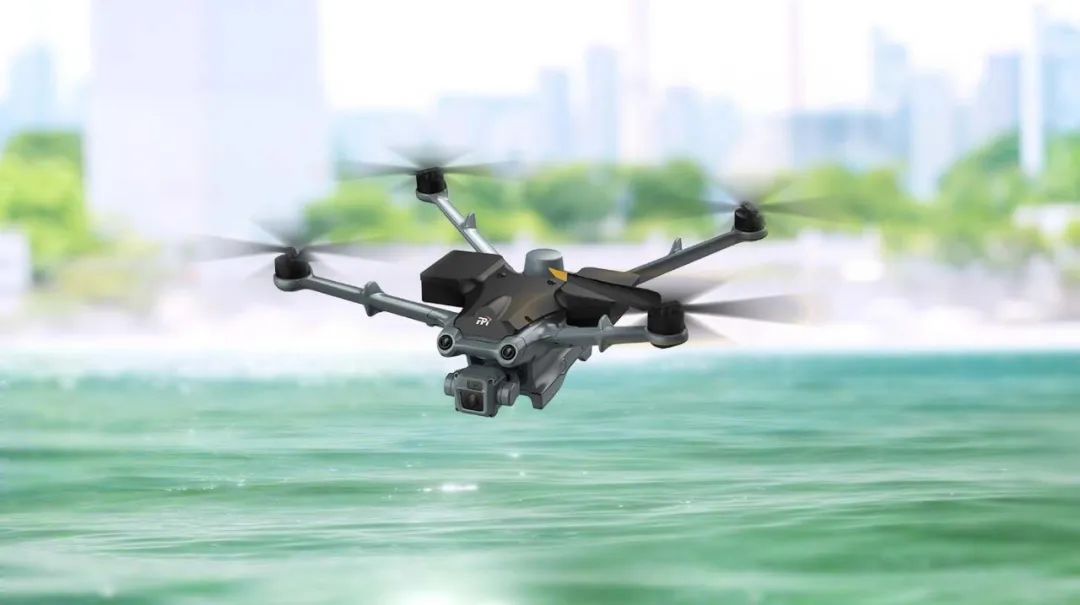The realm of drone pilot careers is burgeoning with exciting opportunities as technology continues to advance. Drones, once solely the tools of military and scientific professionals, are now becoming commonplace across various industries. From real estate to agriculture, construction to filmmaking, the demand for skilled drone operators is on the rise. For those keen on harnessing this technology, understanding the career paths, required skills, and industry trends is crucial.
Getting Started as a Drone Pilot

The first essential step toward becoming a drone pilot is obtaining the necessary certifications. In the United States, for instance, aspiring pilots must pass the FAA Part 107 examination, which covers airspace regulations, weather effects, and drone performance. This certification is mandatory for commercial drone operations and assures employers of one’s proficiency and understanding of drone regulations.
Industries Thriving with Drones
One can’t discuss drone pilot careers without mentioning their transformative impact on multiple industries. In agriculture, drones are used for monitoring crop health, irrigation management, and pesticide application, leading to more efficient farming practices. The real estate sector employs drones for aerial photography and virtual tours, providing potential buyers with a unique perspective of properties. Filmmaking has also hugely benefitted from drones as they offer new, cost-effective ways to capture dynamic aerial shots.
Essential Skills for Drone Pilots
Technical expertise is paramount; expertise in operating the drone, understanding flight paths, and problem-solving unexpected issues are daily tasks in the life of a drone pilot. Moreover, proficiency in data analytics can be highly beneficial, especially when employed in industries like surveying and mapping. Creativity also plays a significant role, particularly in fields like photography and filmmaking, where unique perspectives and innovative shoots are highly valued.
Future Trends in Drone Pilot Careers
The future is bright for drone technology. With ongoing advancements, the scope of applications for drones is expected to expand even further. Drone delivery systems, for instance, are being tested by major corporations aiming to revolutionize logistics and delivery services. This innovation will inevitably expand job opportunities for drone pilots, as expertise in advanced drone operations becomes increasingly sought after.
Challenges in the Drone Industry

While the potential is vast, those considering a career in drone piloting must be prepared for challenges. Keeping abreast of rapidly changing regulations, ensuring privacy and security in data handling, and standing out in a competitive market are ongoing hurdles faced by professionals in this field. Continuous learning and adaptation are crucial for those who wish to excel.
Frequently Asked Questions
- Do I need a license to operate a drone for personal use?
No license is required for recreational use, but you must adhere to local regulations and guidelines. - Is the drone pilot field competitive?
Yes, it is becoming increasingly competitive as the technology becomes more accessible. However, specializing in a niche field can enhance employability. - What is the salary range for drone pilots?
It varies depending on the industry and experience level, but the average annual salary can range from $50,000 to $100,000.

